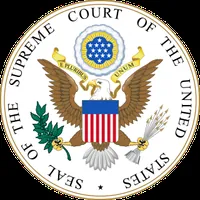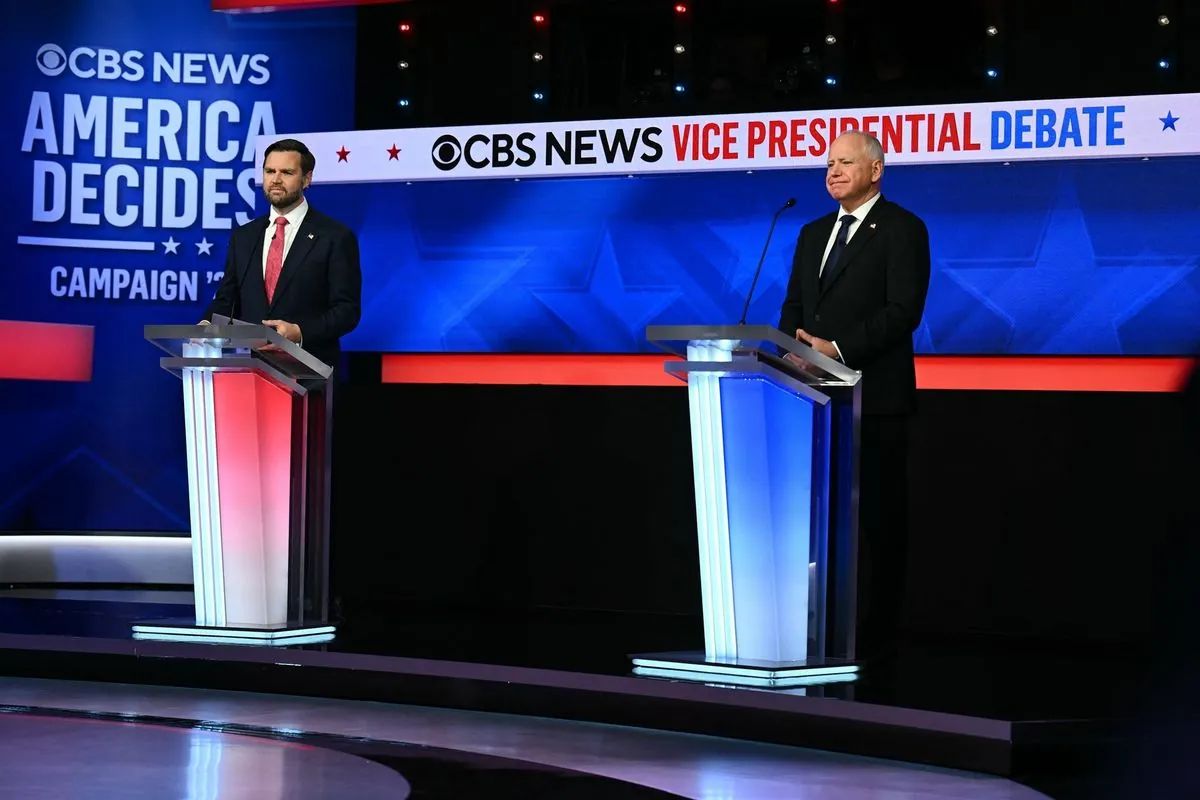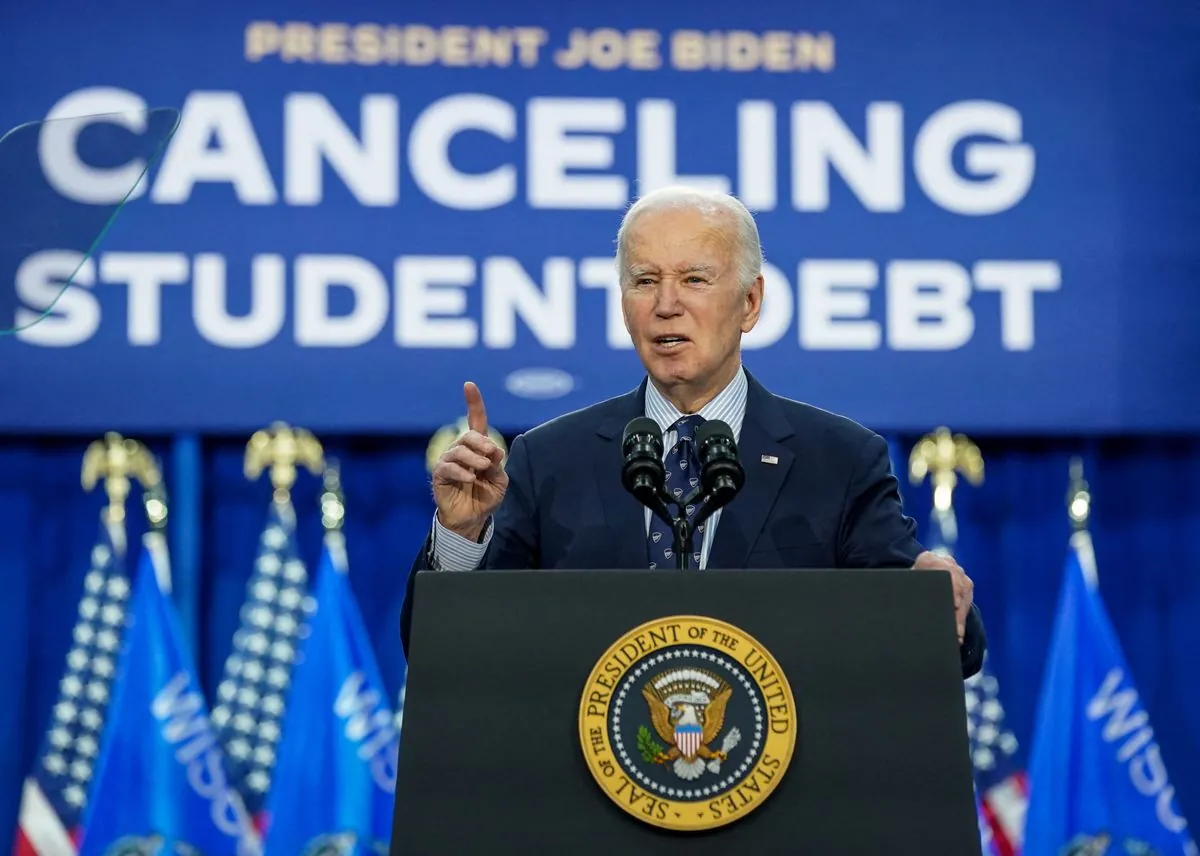France's New PM Unveils Tax Hikes Amid Budget Crisis
Michel Barnier, France's new Prime Minister, announces tax increases for large corporations and wealthy individuals to address the country's growing budget crisis and maintain financial credibility.
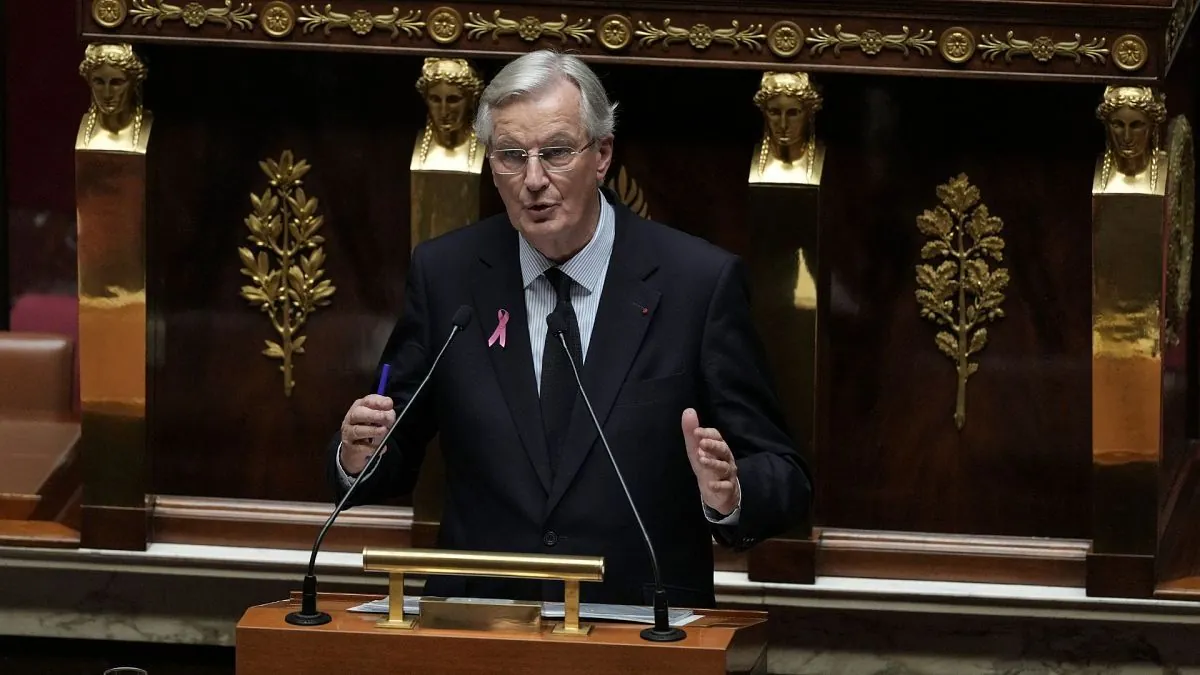
In a bold move to address France's mounting budget crisis, newly appointed Prime Minister Michel Barnier has unveiled plans to increase taxes on the nation's largest corporations and wealthiest individuals. The announcement, made during a televised interview on France 2, comes as the country grapples with lower-than-expected tax revenues and higher-than-anticipated spending.
Barnier, who assumed office in early October 2024, faces the daunting task of restoring France's financial credibility amid surging borrowing costs and scrutiny from European Union partners. As the seventh-largest economy globally, France's fiscal decisions carry significant weight in international markets and within the EU.
The proposed tax increases target companies with annual turnovers exceeding 1 billion euros and households earning more than 500,000 euros per year. This move aligns with France's progressive tax system, which has historically included rates up to 45% for high-income earners. Barnier estimates that the temporary income tax hike could generate approximately 2 billion euros in additional revenue.
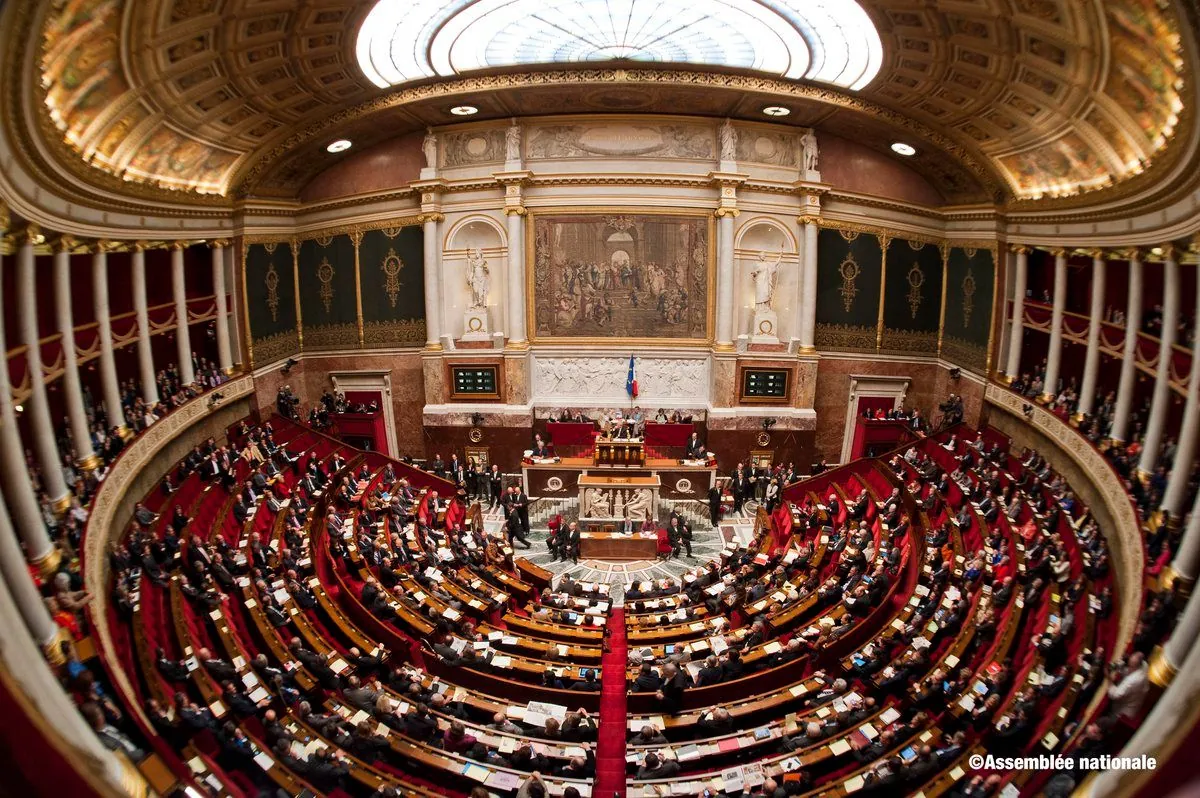
In addition to tax increases, the Prime Minister confirmed plans to delay the alignment of pension increases with inflation by six months, moving the implementation date from January 1, 2025, to July 1, 2025. This decision reflects the challenges facing France's pay-as-you-go pension system and the broader social security framework, which includes universal healthcare coverage.
"I'm taking the risk to be unpopular, but I want to be responsible."
Barnier's concerns extend beyond domestic fiscal policy. He expressed fears of a potential financial crisis, drawing parallels to past economic turbulence in Italy and the United Kingdom. This apprehension underscores the delicate balance France must maintain as a founding member of the EU and a key player in the Eurozone.
The new government's lack of a parliamentary majority presents additional hurdles in adopting the budget. France's semi-presidential system and bicameral legislature, consisting of the National Assembly and the Senate, may complicate the passage of these fiscal measures. Even within the government, there is disagreement on the appropriateness of tax increases as a solution.
Facing these challenges, Barnier has been forced to revise the timeline for reducing France's fiscal deficit. The previous administration's goal of cutting the shortfall to 3% of GDP by 2027 has been pushed back by two years to 2029. This adjustment reflects the ongoing struggle to balance public spending, which accounts for over 55% of GDP, with efforts to maintain France's comprehensive welfare system.
As Barnier races to finalize the 2025 draft budget for submission to lawmakers by mid-October 2024, he must navigate a complex economic landscape. France's economy, heavily service-oriented and accounting for about 70% of GDP, faces persistent challenges such as high unemployment rates and the need to remain competitive in global markets.
The proposed tax measures come at a time when France has been advocating for global minimum corporate tax rates in international forums. This push, combined with the country's recent history of gradually reducing corporate tax rates to boost competitiveness, highlights the delicate balance between domestic fiscal needs and international economic positioning.
As the situation unfolds, all eyes will be on Euronext Paris, the heart of France's financial markets, for indications of how these proposed changes may impact investor confidence and economic stability in the coming months.
























